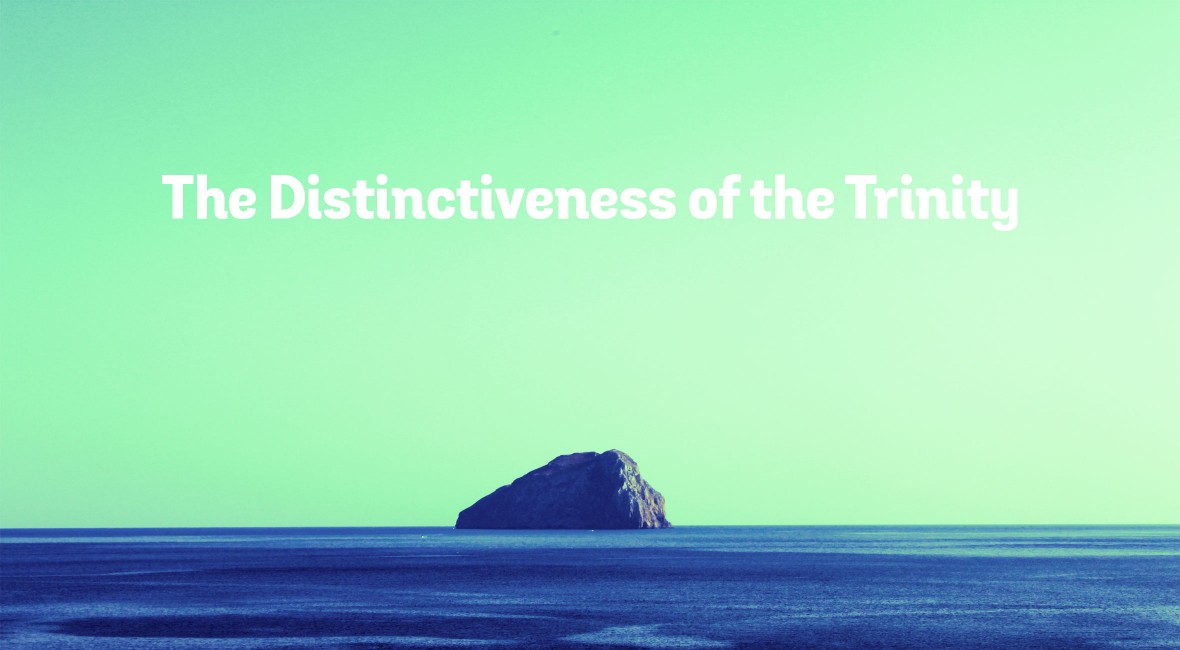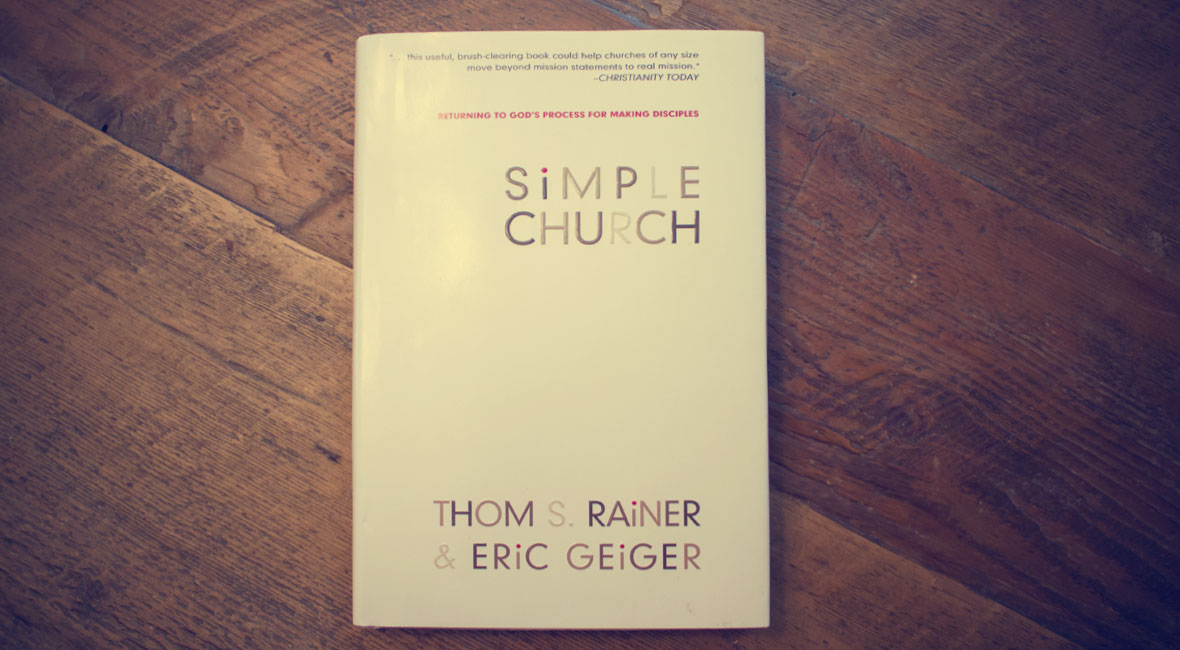A professor at Wheaton has recently caused a stir by remarking that Christians and Muslims worship the same God. Although this professor is not in the Theology department, her statement has landed her on administrative leave. Many have chimed in with their thoughts on what Wheaton, an evangelical Christian university, should or should not do in this case. Thankfully, I am not an administrator at Wheaton (or any college…or in any capacity, for that matter) so I do not know what is appropriate in this matter. However, I would like to write a few words on the question at hand: Do Muslims and Christians worship the same God?
Do Muslims and Christians worship the same God?
Miroslav Volf, a theologian whom I respect and admire, has written a book called
Allah: A Christian Response. I have not read his book, so I will not comment on its content. Scot McKnight, however, has read the book and interacted with it over several posts on his website, one of which can be found
here. McKnight summarizes Volf’s assertions this way:
Christians and Muslims agree on six significant theological statements:
1. There is only one God.
2. God is creator.
3. God is radically different.
4. God is good.
5. God commands we love God.
6. God commands we love others.
“When Christians and Muslims agree on the above six claims about God, then in their worship of God they refer to the same object” (110-111)
To be sure, these are significant similarities. But are they enough to qualify as being “the same”? (Volf does not take the word same to mean “identical,” but rather to mean “sufficiently similar.”) Does agreement upon these six theological points create sufficiently similar worship between Christians and Muslims?
Continue reading


